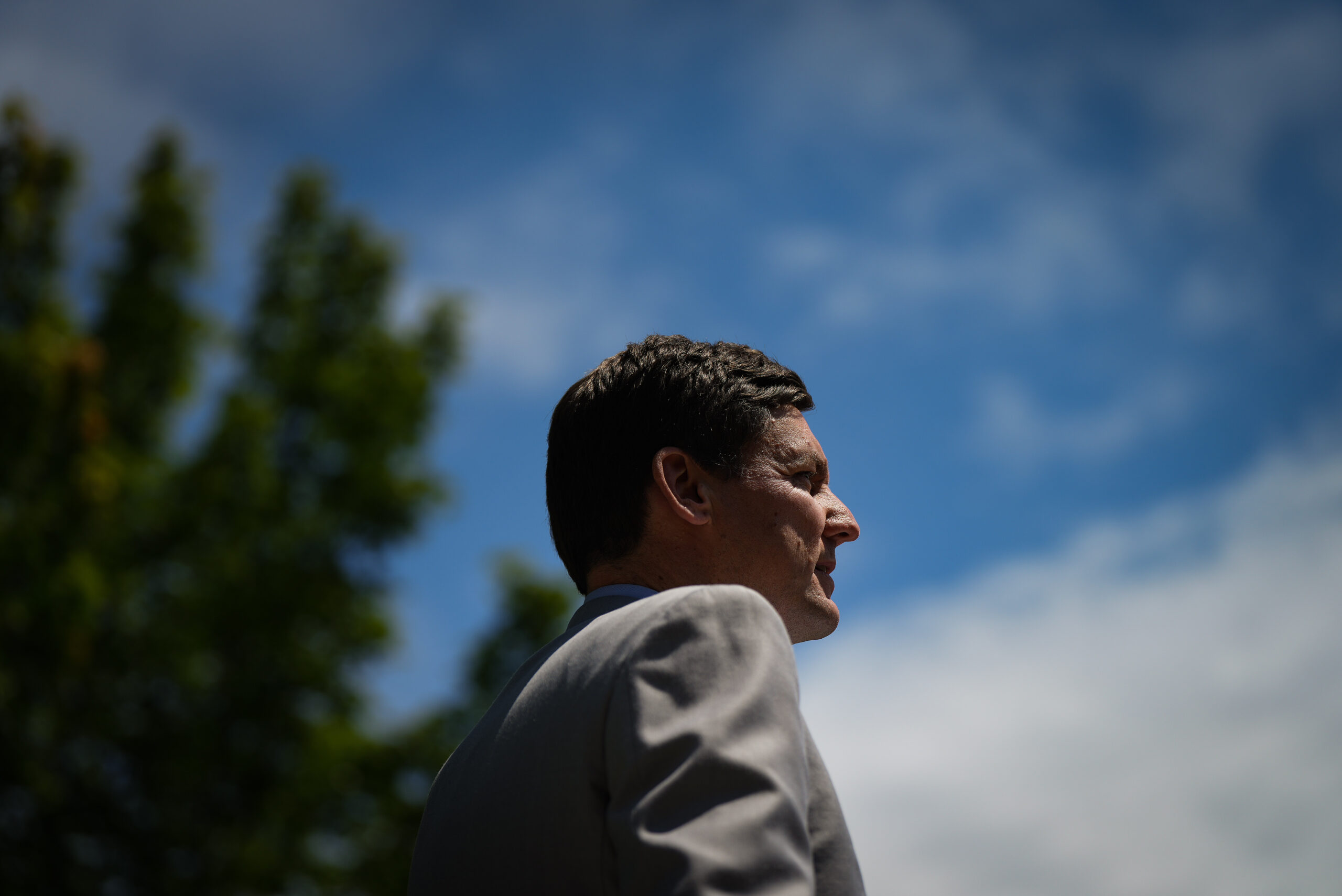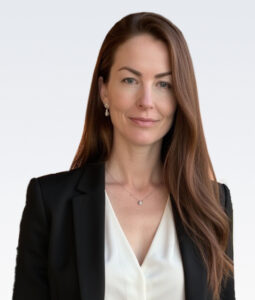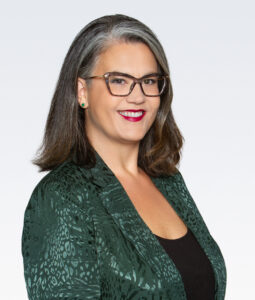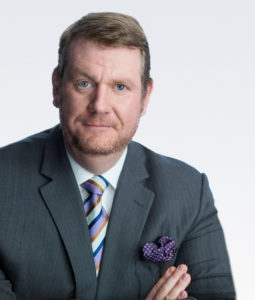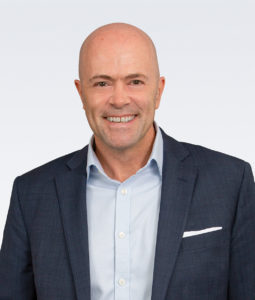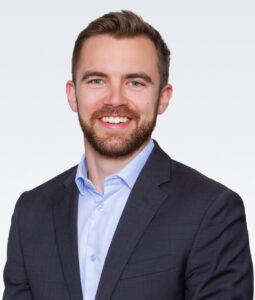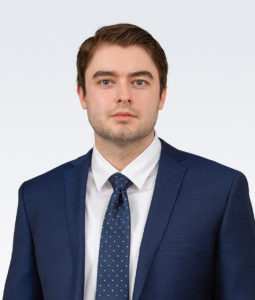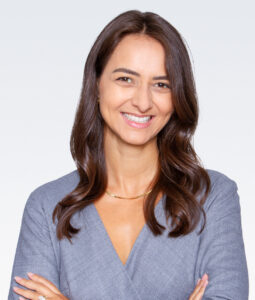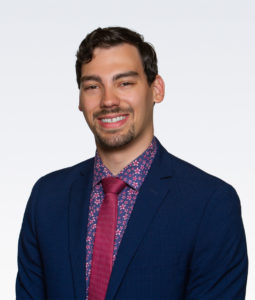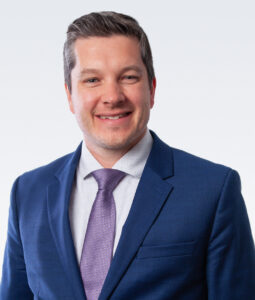In a nutshell
- The B.C. provincial election is becoming a two-horse race, with the BCNDP and the BC Conservative Party running neck and neck, while the BC United Party desperately tries to rescue itself from obscurity.
- Regardless of the outcome of the election, B.C. can expect a significantly different government than it has today.
- A BCNDP majority government will be emboldened to continue pursuing its progressive policy agenda, potentially with renewed vigour as a new, younger and more diverse set of candidates take leadership positions.
- A BC Conservative majority government will radically shift the policy environment to reflect leader John Rustad’s vision of less government intervention – in the marketplace and in the homes of the province’s families.
- A third option – a minority parliament – is still very much a possibility, which would lead to short-term uncertainty similar to the environment after the 2017 election.
Earnscliffe’s pick for the “ballot box question”
(as of today): affordability
State-of-play
As we approach the 2024 B.C. provincial election, set for October 19, the political landscape in British Columbia is experiencing significant shifts that promise to make this election one of the most dynamic in recent history. The BC Liberals rebranded to become the BC United Party and now face political annihilation. The BC Conservatives have risen from obscurity to become the main challenger for power, with some polls indicating a dead tie with the BCNDP. The BC Green Party maintains a relatively stable 11 per cent of identified support, but due to riding changes and MLA Adam Olsen’s retirement, they may fail to elect a single MLA.
What’s at stake
The outcome of this election is enormously consequential. If the BCNDP is re-elected, it is likely to be interpreted as confirmation of public support for the policy direction of the current government and will give Premier Eby the confidence to move full steam ahead on a four-year term with a new team of cabinet ministers. If John Rustad is elected, the political direction of the province will change markedly.
A BCNDP government
If Premier Eby can secure 47 seats in the legislature, he will have the opportunity to form government. His governing BCNDP caucus and cabinet will however look substantially different, and he would feel emboldened by voters. Six front bench cabinet ministers are not seeking re-election (Katrine Conroy at finance, George Heyman at environment, Bruce Ralston at forestry, Murray Rankin at Indigenous relations, Harry Bains at labour and Rob Fleming at transportation) along with five caucus members: Jennifer Rice, Finn Donnelly, Katrina Chen, Doug Routley and Nicholas Simons.
All eyes will be on candidates such as Christine Boyle (Vancouver Little-Mountain), Jodie Wickens (Coquitlam Burke-Mountain) and Francyne Joe (Fraser-Nicola) to build out Eby’s front bench. Boyle is an influential two-term City of Vancouver councillor who has worked closely with Premier Eby for over a decade. Wickens was elected in a byelection in 2016 and has held leadership position in the child and youth support sector. Joe is the former president of the Native Women’s Association of Canada and currently works for the First Nations’ Emergency Services Society of BC.
A BC Conservative government
If recent polls continue their trend, the BC Conservatives have a real possibility of forming government in October. We have not seen a Conservative Party victory in British Columbia since Simon Fraser won nearly 100 years ago.
To date, John Rustad has successfully recruited four sitting BC United MLAs to cross the floor. Abbotsford South MLA Bruce Banman was the first, crossing the floor last fall. He has since been joined by high profile MLA Elenore Sturko, former BC United Caucus Chair Lorne Doerkson and longtime Richmond MLA Teresa Wat.
These five MLAs (including Rustad) have strong chances of being re-elected and would provide a solid foundation for a BC Conservative cabinet. Other high-profile candidates who would likely be considered are former Mayor of Surrey Linda Hepner (Surrey-Serpentine River), former Mayor of Maple Ridge Mike Morden (Maple Ridge Pitt-Meadows) and Yuri Fulmer (West Vancouver-Sea to Sky), chancellor of Capilano University.
A hung legislature?
While majority governments are the norm in BC, the 2017 election showed that things are not always so neat and tidy after election night. Despite polling suggesting that the BC United may not win a single seat, they do have several established MLAs in communities who may hang onto their seat. For example, Shirley Bond in Prince George was elected in 2001, has consistently won over 55 per cent of the vote, served as the interim leader of BC Liberal Party and held six different Cabinet positions spanning the Gordon Campbell and Christy Clark governments. Even with the brand confusion facing the BC United party, one could expect that individual name recognition could carry the day for folks like Bond.
With the addition of some ridings where there is no Conservative candidate, or the Conservative candidate has been removed (such as Kelowna-Mission), it stands to reason that the BC United Party could win somewhere between two and eight seats, which might make election night quite interesting.
In late May, co-operation talks between the BC United and BC Conservatives failed, though a confidence and supply agreement after the election could be a possibility, if the Legislature finds itself in a minority position, as it did in 2017.
The ballot box issue (today) is affordability
Each of the four major political parties spends most of the time talking about affordability. Four years after the onset of the COVID-19 pandemic, British Columbians have struggled with a rapidly increasing cost of living due to inflation and supply chain disruptions. Housing remains British Columbians’ highest expense, so we often hear about the issue of affordability and housing in the same breath.
A survey done in May by Abacus Data asked respondents to list their top three issues in the lead up to October provincial election. Of the issues raised in the survey, 68 per cent of respondents included the rising cost of living, 54% per cent included housing affordability and accessibility and 41 per cent included improving the healthcare system. Only 15 per cent included fighting climate change and the environment, and notably only 18 per cent included “keeping taxes as low as possible.”
